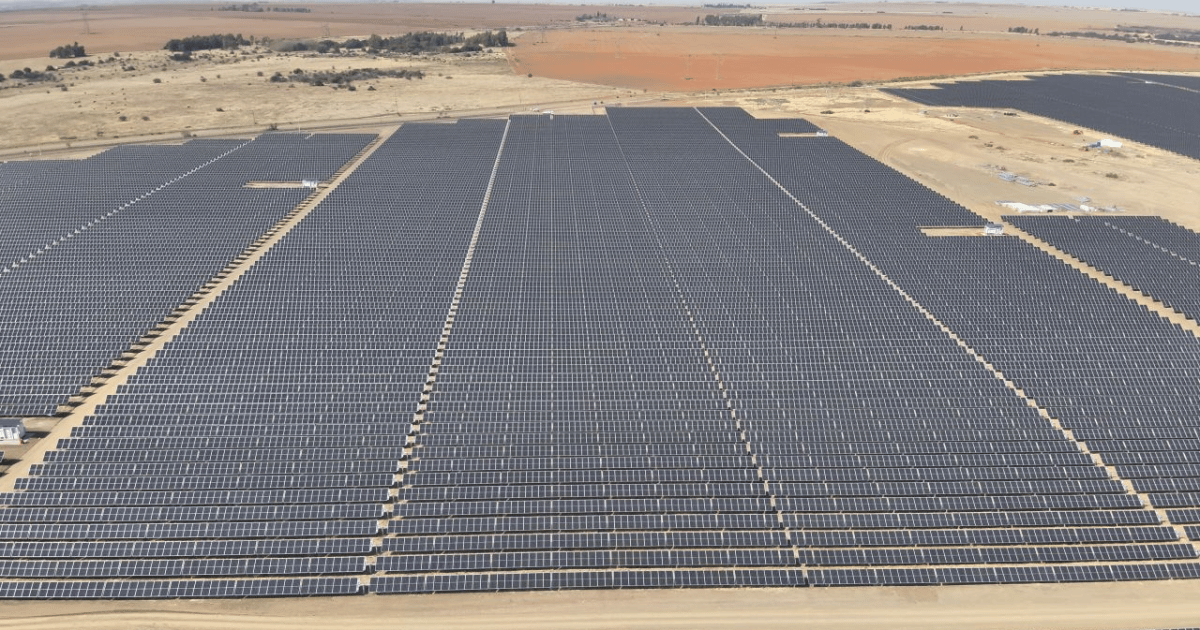- Renewables Rising
- Posts
- Vodacom pioneers virtual power wheeling in SA
Vodacom pioneers virtual power wheeling in SA

From the newsletter
Leading South Africa’s leading telco Vodacom has become the first company in the country to fully operationalise virtual wheeling of electricity. This marks a major step forward for companies with a widely distributed network of operations, enabling them to tap into large-scale renewable energy from independent power producers (IPPs).
Virtual wheeling is an innovative mechanism that allows a company to purchase electricity from a renewable energy producer at a distant location and receive credit for it without a direct physical connection.
This is valuable for companies committed to decarbonisation, either for legal, financial or marketing reasons. Renewables may not be available to them locally, but now they can get access via virtual wheeling, hence boosting demand.
More details
This model replaces traditional wheeling arrangements, which typically involve a one-to-one relationship between an IPP and an offtaker using the national grid to transport energy, and is limited to physical connections. For Vodacom South Africa, which operates over 15,000 low-voltage sites across 168 municipalities, these geographic and infrastructure complexities had previously prevented access to large-scale renewable energy from IPPs.
Vodacom will now source power from SOLA Group’s 150 MW solar plant in the Free State province. The company recently announced that it is powering its operations across Africa with renewable energy, supported by the use of renewable energy certificates (RECs) in markets where it cannot build power plants directly. Virtual wheeling is expected to resolve this bottleneck as Vodacom works toward its net-zero emissions target by 2035.
This solution, which is now ready for adoption by other energy users, aggregates consumption across multiple sites through smart metering. This consumption data is reconciled with the electricity generated by an IPP on the virtual wheeling platform, enabling companies with complex, distributed operations to access renewable energy at scale. Importantly, the innovation also allows additional renewable capacity to be integrated into the national grid without adding to Eskom’s balance sheet.
This is timely given the recent increase in sustainable production and consumption. For South African companies that now face the imminent challenge of the EU carbon tax, this mechanism offers a reduced timeline to strike deals and prove their sustainable production. Cement, steel, and mining companies that lack space for setting up power plants can enter into deals with IPPs, purchase electricity, and inject it into Eskom's grid from any point to offset their carbon emissions.
For Eskom, virtual wheeling fundamentally redefines its market position. The utility's focus should shift from solely generating power to prioritising transmission line expansion and acting as the facilitator of a decentralised grid. With IPPs funding new generation capacity, Eskom can offload the massive capital expenditure typically required for building new power plants. This strategic shift will allow Eskom to concentrate on making it easier for the commercial and industrial sectors to procure private power, which will help prevent a mass exodus from the national grid.
It is now a wake-up call for countries like Kenya, Nigeria, Ghana, and Zambia, which continue to face energy challenges under restrictive policies. While many of these countries are working to unbundle their electricity sectors, the next step should be to move beyond traditional wheeling and embrace virtual wheeling. This shift would allow even smaller companies to access clean electricity while lowering offtake risk for IPPs through aggregated demand.
Our take
The success of Vodacom's model needs to be replicated beyond the telecommunications sector. Industries with similarly distributed operations, such as retail, banking, and fast-moving consumer goods, that can aggregate their electricity consumption should be next.
By aggregating demand from multiple offtakers, virtual wheeling broadens the customer base for independent power producers. This lowers offtake risk, encourages new project development, and unlocks financing for larger renewable plants.
South African exporters facing the EU’s carbon tax will see virtual wheeling as a fast-track solution to green their operations and avoid penalties. This will create a big demand for renewables.